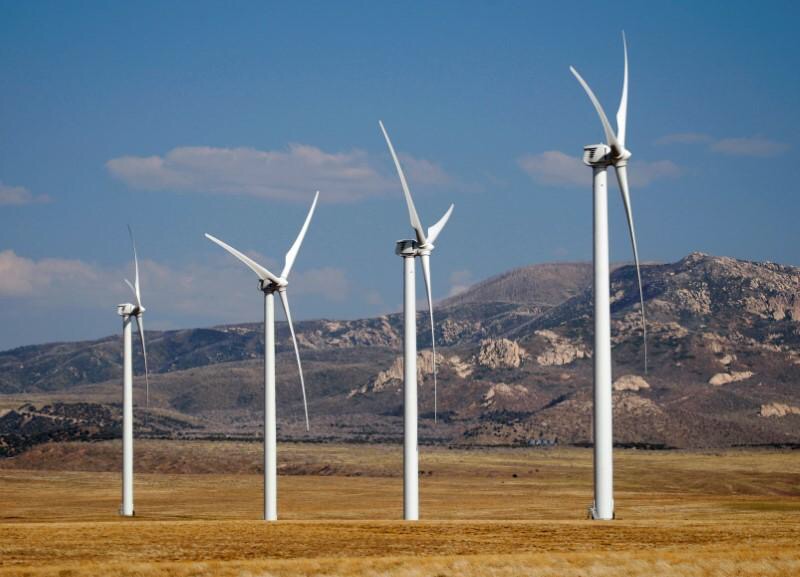Egypt and Germany have partnered to launch a new wind farm in the Gulf of Suez. This 262 MW project, supported by the European Union and international funding, marks a significant milestone in renewable energy development and international collaboration.
The wind farm in the Gulf of Suez represents a joint effort between Egypt and Germany, two nations committed to addressing climate change and promoting sustainable energy solutions.
This project underscores the importance of international cooperation in tackling global environmental challenges. By pooling resources, expertise, and funding, Egypt and Germany have demonstrated that collaborative efforts can lead to substantial advancements in renewable energy infrastructure.
Read also: FT, MIGA unveil Africa Sustainable Futures Awards
The 262 MW wind farm is poised to impact Egypt’s energy landscape significantly. It is expected to generate enough electricity to power hundreds of thousands of homes, reducing the country’s reliance on fossil fuels and lowering greenhouse gas emissions. The project aligns with Egypt’s ambitious goal to increase the share of renewables in its energy mix to 42% by 2035.
The wind farm features state-of-the-art turbines that harness the region’s strong and consistent wind currents. This strategic location in the Gulf of Suez is ideal for wind energy production, ensuring optimal efficiency and output.
The project’s implementation also includes measures to mitigate potential environmental impacts, demonstrating a commitment to sustainable and responsible energy development.
European Union Backs Funding
The project’s success is primarily attributed to the robust financial backing from the European Union and various international funding bodies. These organisations recognise the critical need for renewable energy projects and have provided substantial financial and technical support. The collaboration with the EU highlights the role of international institutions in facilitating and funding large-scale renewable energy initiatives.
The financial model for the wind farm includes grants, low-interest loans, and investments from both public and private sectors. This diversified funding approach ensures the project’s financial viability and sets a precedent for future renewable energy projects in the region and beyond.
Beyond its environmental benefits, the wind farm is expected to provide significant economic and social advantages. The construction and operation of the wind farm have created numerous job opportunities, contributing to local economic development. Furthermore, the project has fostered skills transfer and capacity building within the local workforce, ensuring long-term benefits for the community.
The influx of international investment and expertise has also enhanced Egypt’s renewable energy sector, positioning the country as a leader in the region’s clean energy transition. This progress will likely attract investment in renewable energy projects, spurring economic growth and promoting sustainable development.
Gulf of Suez Vision for the Future
The launch of the wind farm in the Gulf of Suez is a testament to what can be achieved through international collaboration and shared commitment to a cleaner, sustainable future. As global leaders convene to discuss climate action and sustainable development, these projects serve as tangible examples of progress and possibility.
Read also: South Africa’s Phelan Green Energy to Build Peru’s Green Hydrogen Facility
Egypt and Germany’s partnership highlights the importance of cross-border cooperation in addressing global challenges. By working together, these nations have advanced their renewable energy goals and set a powerful example for other countries to follow.
This wind farm stands as a beacon of hope and a symbol of what can be achieved when nations unite for a common cause. As the world continues to grapple with the impacts of climate change, such collaborative efforts will be crucial in building a sustainable and resilient future for all. With the backing of Egypt, Germany, the EU, and international partners, this initiative underscores the transformative power of cooperation in creating a cleaner, greener world.




